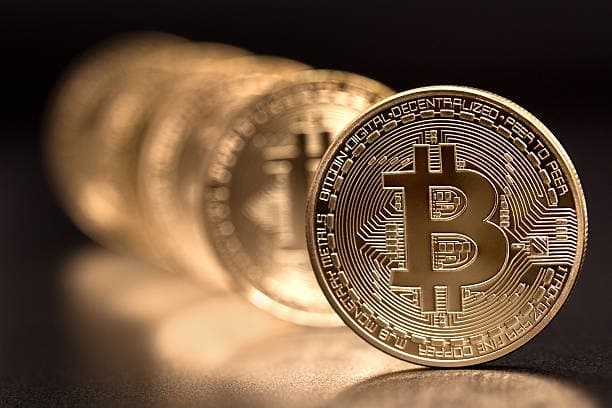The rise of Bitcoin, or btc, has been nothing short of revolutionary. It’s not just another currency; it’s a technological leap that has challenged the very foundations of traditional banking systems. Imagine a world where transactions are not just swift but also borderless, where trust is not in institutions but in code. That’s the world BTC envisions, and it’s already making waves.
The Digital Gold Rush
In the early days of BTC, it was seen as a speculative investment, a digital gold rush for the tech-savvy. But as more people started mining and trading BTC, its potential as a disruptor became clear. Traditional banks were built on centuries-old infrastructure, with layers of bureaucracy and security measures. BTC, on the other hand, operates on a decentralized ledger, the blockchain, which is transparent, secure, and accessible to anyone with an internet connection.
Breaking Down Barriers
One of the most significant impacts of BTC on traditional banking is its ability to break down barriers. Geographical boundaries mean little when you can send BTC to someone across the world with just a few clicks. This has opened up new opportunities for international trade and remittances, areas where traditional banks have long held a monopoly. The cost and time savings are substantial, and it’s no wonder that businesses and individuals alike are turning to BTC for cross-border transactions.
The Trust in Technology
Trust is a crucial element in any financial system, and BTC has shifted the paradigm. Instead of trusting a central authority, users trust in the technology that underpins BTC—the blockchain. This trust is not blind; it’s based on the cryptographic principles that make the blockchain secure and immutable. Every transaction is recorded and visible to all, yet personal information remains private. This level of transparency and security is a game-changer for traditional banking, which has faced numerous scandals and breaches in recent years.
The democratization of Finance
BTC has also been a catalyst for the democratization of finance. With traditional banking, access to loans and credit is often limited, especially for those in developing countries or with less-than-perfect credit histories. BTC, however, offers an alternative. Through platforms like peer-to-peer lending and decentralized finance (DeFi), anyone can participate in the financial ecosystem, regardless of their location or credit history. This has the potential to empower individuals and communities that have been traditionally underserved by banks.
The Environmental Concerns
While BTC has its merits, it’s not without its critics. One of the most significant concerns is its environmental impact. The process of mining BTC, which involves solving complex mathematical problems to validate transactions and add them to the blockchain, requires a massive amount of energy. This has led to a debate on whether the benefits of BTC outweigh its carbon footprint. Traditional banks, on the other hand, are also working to become more sustainable, but the comparison is not always fair, as the energy consumption of BTC is often highlighted while that of banks is not.
The Regulatory Challenges
As BTC continues to grow in popularity, it has also faced regulatory challenges. Governments and financial institutions are grappling with how to regulate a currency that operates outside the traditional financial system. This has led to a patchwork of regulations across different countries, with some embracing BTC and others banning it outright. The uncertainty has created a complex landscape for businesses and individuals looking to use BTC, but it also presents an opportunity for innovation in regulatory frameworks that can accommodate the new realities of digital currencies.
The Future of BTC and Traditional Banking
The relationship between BTC and traditional banking is evolving. Some banks are adapting by integrating blockchain technology into their operations, while others are exploring the issuance of their own digital currencies. It’s clear that BTC is not going away, and its impact on traditional banking systems is significant. Whether it’s the speed of transactions, the reduction in fees, or the empowerment of individuals, BTC is redefining what money can be and how it can be used. As we move forward, it will be interesting to see how traditional banks adapt and evolve in response to the BTC revolution.
In conclusion, BTC is more than just a cryptocurrency; it’s a movement that is challenging the status quo of traditional banking. It’s a conversation starter, a catalyst for change, and a glimpse into a future where financial transactions are faster, cheaper, and more accessible to all. As we continue to navigate this new financial landscape, one thing is certain: the impact of BTC will be felt for years to come.
